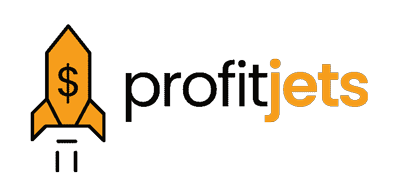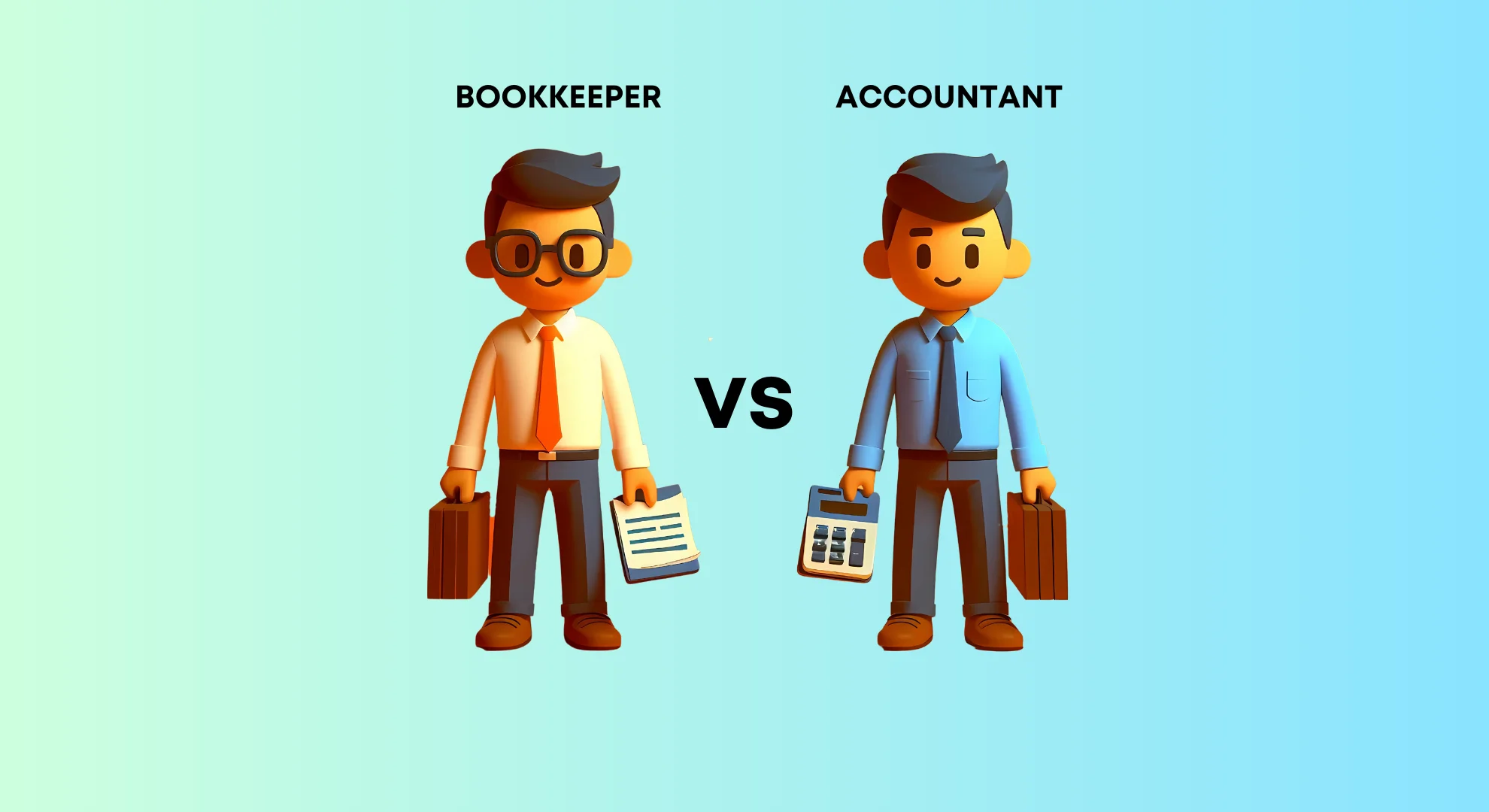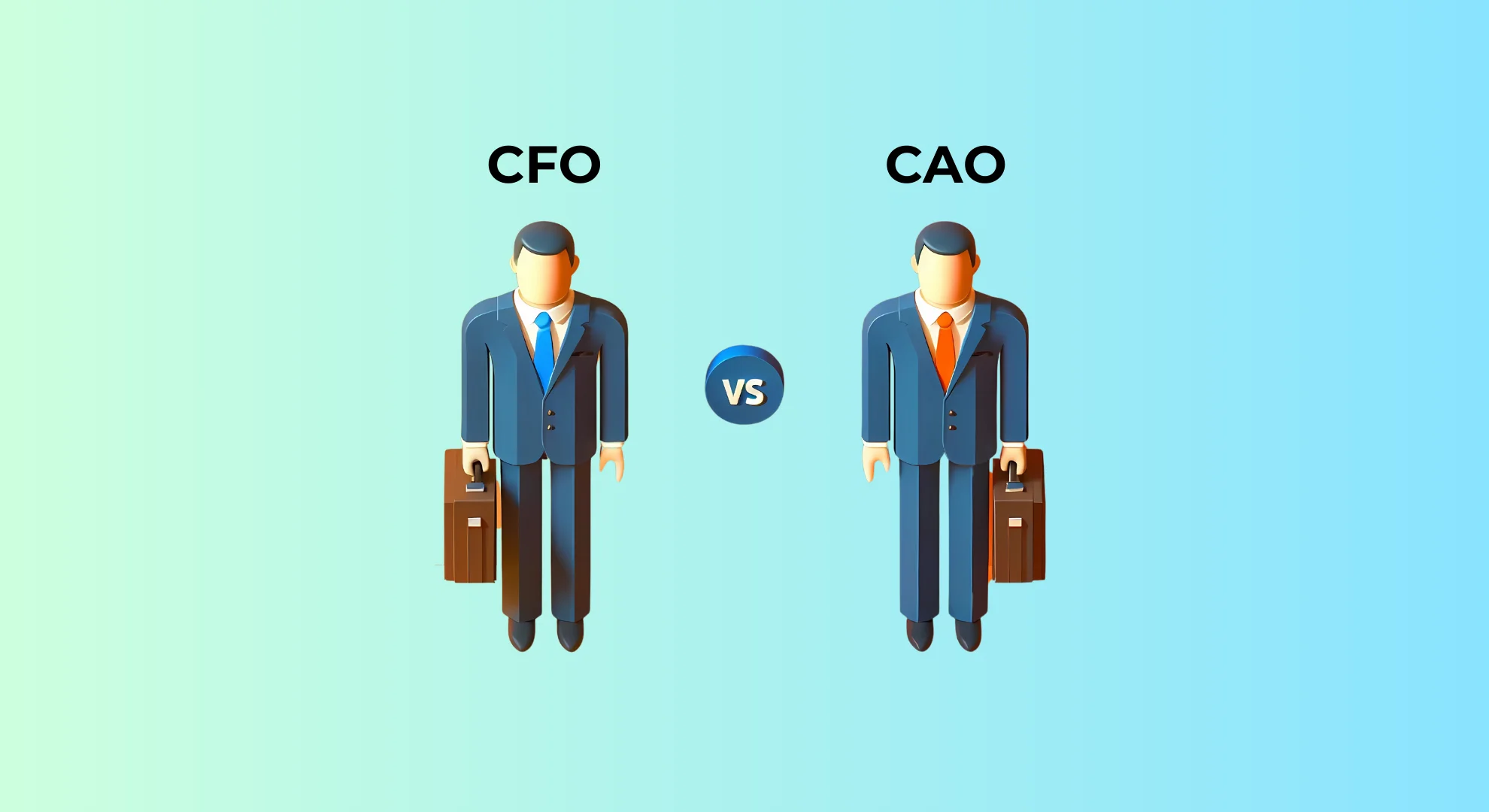Maintaining robust financial health is paramount for success in the dynamic business world. Due to the complexity of bookkeeping and accounting, it can be complicated for entrepreneurs and small business owners to manage their finances. By comprehending the unique responsibilities of bookkeepers and accountants, you can make well-informed decisions about your financial management plan.
This guide explores the critical differences between bookkeepers and accountants, outlining their responsibilities, skillsets, and qualifications to help you determine which professional best suits your business needs.
Table of Contents
Bookkeeper vs Accountant: Definition
Bookkeeper: An individual specializing in data entry within a company’s financial system is known as a bookkeeper. They are responsible for meticulously recording, categorizing, and maintaining accurate and organized financial records. Bookkeepers ensure the smooth day-to-day flow of financial transactions and provide a solid foundation for informed financial decision-making.
Accountant: Conversely, an accountant possesses a broader range of financial expertise. Accountants can leverage their in-depth knowledge of accounting principles, economic analysis, and tax regulations to provide more services. Their responsibilities encompass analyzing financial data, preparing financial statements, offering tax planning and compliance advice, and guiding businesses in strategic financial management.
Bookkeeper vs Accountant: What Do They Do?
Bookkeeping Tasks:
- Transaction Processing: Bookkeepers meticulously record all daily financial transactions, including purchases, sales, receipts, and payments. This ensures a comprehensive record of all economic activity within the business.
- Reconciling Accounts: Maintaining accurate financial data is crucial. Bookkeepers reconcile bank and credit card statements with internal records to identify and rectify discrepancies.
- Payroll Processing: In some organizations, bookkeepers take on the responsibility of calculating employee salaries, taxes, and deductions to ensure timely and accurate payroll disbursement.
- Generating Financial Reports: Bookkeepers may generate basic financial reports summarizing income, expenses, and cash flow to provide a snapshot of the company’s economic performance.
Accounting Tasks:
- Financial Statement Preparation: With their advanced understanding of accounting principles, accountants can prepare financial statements that accurately reflect a company’s financial health. The three crucial financial statements for decision-making, loan applications, and tax compliance are the balance sheet, income statement, and cash flow statement. These reports provide important insights into a company’s financial health and performance.
- Tax Planning and Compliance: Navigating the complexities of tax regulations can be daunting. Accountants provide strategic tax planning advice, helping businesses minimize their tax burden and ensure adherence to all tax filing requirements.
- Financial Analysis and Reporting: Accountants dive deeper than transactional data. They analyze economic data to identify trends, assess financial risks and opportunities, and provide valuable insights for business decisions.
- Internal Controls and Risk Management: A robust system of internal controls is essential for safeguarding a company’s financial assets. Accountants can establish and execute adequate internal controls to reduce financial risks and maintain the accuracy of economic data.
- Business Advisory Services: Many accountants offer consulting services, advising businesses on strategic financial planning, budgeting, and business structure optimization.

Bookkeeper vs Accountant: Key Differences
Key Differences Between Bookkeeper and Accountant
| Feature | Bookkeeper | Accountant |
| Education | Formal education is not always required; one may have accounting certifications. | A degree in accounting or a related field at the bachelor’s level is mandatory. |
| Licensing | No specific license is required | It may require a state license depending on the particular services offered |
| Primary Focus | Data entry and record-keeping | Financial analysis, planning, and consulting |
| Focus | Day-to-day transactional accounting | Strategic financial management |
| Responsibilities | Recording transactions, reconciling accounts, generating basic reports | Preparing financial statements, tax planning, and business advisory services |
| Software proficiency | Basic bookkeeping software | Accounting software, data analysis tools |
Bookkeeper vs Accountant: Whom to Hire?
The decision to select either a bookkeeper or an accountant depends on the thorough comprehension of the specific business requirements and the complexity of financial matters:
- Size and Complexity of Your Business: In the beginning, some smaller businesses with uncomplicated accounting needs may find that a bookkeeper is adequate. However, as your business grows and your financial structure becomes more intricate, the expertise of an accountant becomes invaluable.
- Internal Accounting Resources: Do you have existing staff with basic bookkeeping skills? Outsourcing your bookkeeping allows your in-house team to concentrate on essential business tasks while maintaining precise record-keeping.
- Tax Filing Needs: Engaging a qualified accountant is highly recommended if your tax filing requirements are complex or require strategic tax planning. Accountants can navigate the intricacies of tax regulations and ensure you take advantage of all available deductions and credits.
- Budget: Bookkeeping services are generally more affordable compared to accountant services. This reflects the difference in their education, experience, and task complexity. Consider the long-term value proposition offered by each option.
- Growth Trajectory: If you anticipate significant growth shortly, consider the scalability of your chosen financial management solution. An experienced accountant can provide guidance and support as your business evolves and your financial needs become more sophisticated.

Conclusion
Understanding the distinctive roles of bookkeepers and accountants empowers you to make informed decisions for your business. Whether you require bookkeeping services to maintain accurate financial records or seek an accountant for strategic financial planning and tax guidance, the right financial professional can significantly impact your company’s success. You can choose the ideal financial management solution to propel your business forward by carefully considering your unique needs and budget.




















